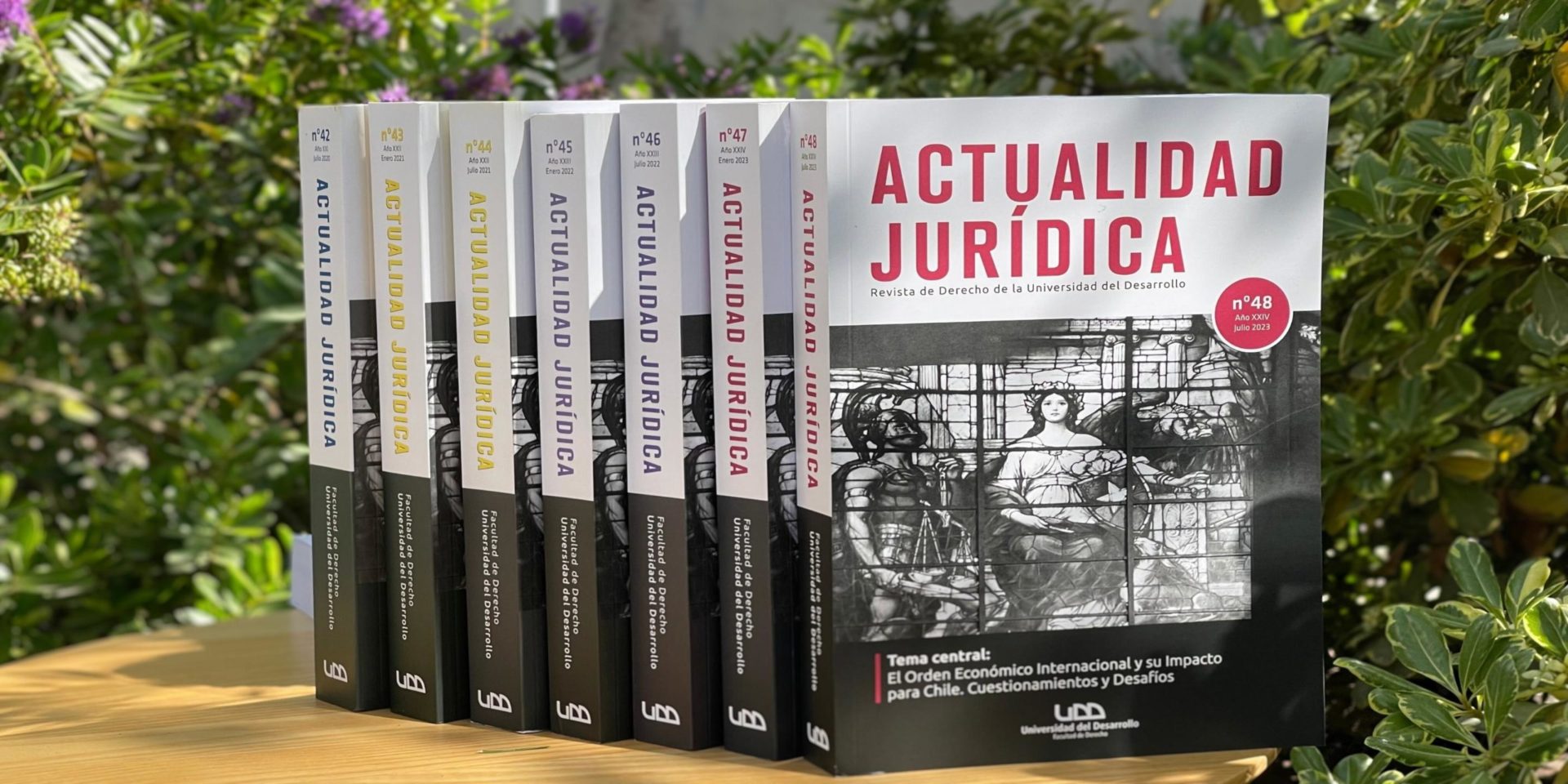Inclusión de delitos ambientales en el Estatuto de Roma
Resumen
En el presente texto buscaremos defender la tesis de la inclusión
restringida de delitos medioambientales como crímenes de competencia de la Corte Penal Internacional. Para ello comenzaremos con algunos comentarios generales respecto de la posibilidad de incluir nuevos delitos en el Estatuto de Roma y de la regulación internacional del ambiente. Seguido de lo anterior, contrastaremos esta idea con el principio de lesividad atendiendo, particularmente, al tipo de delitos que son de competencia de la Corte, comentaremos los aspectos de la faz subjetiva o la culpabilidad y algunos aspectos en relación con quienes serían los sujetos activos del delito, y con la posibilidad de inclusión de la persona jurídica. Todo ello se hará para fundamentar que la inclusión restringida de este tipo de delitos no provocaría un quiebre del sistema penal internacional. Por último, nos detendremos en dilucidar si correspondería tratarlo como un delito autónomo o bien como una conducta específica dentro de otro crimen ya establecido, para finalizar con algunas conclusiones.
Abstract
Restricted Inclusion of Environmental Crimes in the Rome Statute. In this text we want to defend the idea of a restricted inclusion of environmental crimes in the Rome Statute of 1998. To do that, we begin with some general comments about the inclusion of new crime types at the Rome Statute and the international regulation of environmental issues and then, we contrast this idea with the principle of lesivity, principle present in the four crime types already included in the Rome Statute. After that, we contrast this idea with the culpability theory required by the Rome Statute and with the possibility of include companies as author of this kind of crimes. We suggest that a restricted inclusion of this kind of crimes will not affect the harmony and consistency of the international criminal system. Finally, we comment that this restricted inclusion may be construed as a new crime type or as a new conduct in a crime type already included in the Rome Statute. We finish this text with some proposals.
